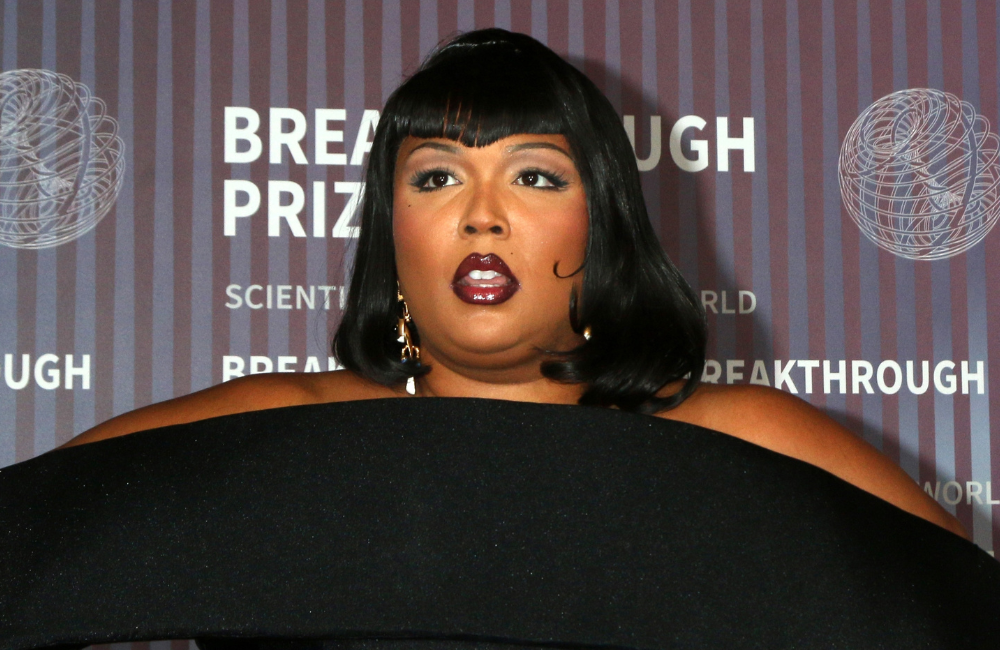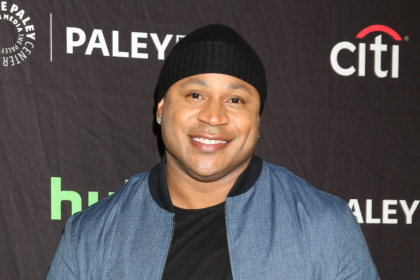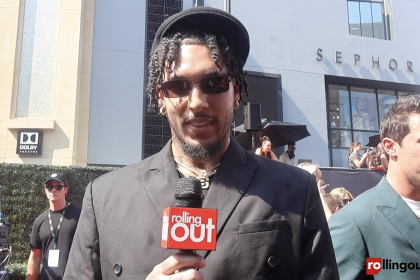Lizzo’s music has helped her to navigate depression. The multi-Grammy winner has become an advocate for mental health awareness through her openness about personal struggles.
The 37-year-old singer admits that making music helped her to overcome some of the darkest and most depressing moments in her life. Studies show that music therapy can significantly reduce symptoms of depression and anxiety in many individuals.
“My relationship with music was still very intense,” Lizzo told Rolling Stone when asked about her experience of dealing with depression. “I still am like, ‘Music saved my life,’ because there were really dark moments when I was working on Love in Real Life, my album, where I was like, ‘Okay, I don’t think I can make it through the day, but I have to go to the studio.” The album represents her most personal work to date, featuring themes of self-acceptance and emotional healing.
Lizzo actually wrote a lot of songs that haven’t made the final cut of Love in Real Life. However, the creative process still proved to be a cathartic experience for Lizzo. Music therapists often note that songwriting can serve as an effective emotional outlet, even when the songs aren’t shared publicly.
“That felt good to say, but you can’t put that out,” the singer recalled thinking. This internal editing process reflects the complex relationship many artists have between personal expression and public consumption.
Lizzo used to agonize over her lyrics because she feared offending fans. But the singer is now much more comfortable with who she is and how she thinks. This evolution mirrors her journey from independent artist to mainstream success over the past decade.
“I said, ‘I will never ever, ever, ever, ever be a side chick’ in the original [of Truth Hurts],” she explained. “And then I was like, ‘Mm, but what if I offend side chicks?’ And so I was like, ‘I will never ever, ever, ever, ever be your side chick.’ I always overthink these things because I know who’s consuming my music and I’m very [concerned about] how they’re going to feel, how it’s going to affect them. But it’s like — to keep it very, very funky with you — everybody’s offended by everything today, so it’s impossible to not offend somebody. So it’s like, just say what you want to say. Just say whatever you want to say.” The song “Truth Hurts” became her breakthrough hit that defined her career trajectory.
Meanwhile, Lizzo previously explained that fame and success didn’t do anything to ease her anxiety and depression. Research consistently shows that celebrity status often exacerbates rather than alleviates mental health challenges.
“People become famous, and it’s like — my DNA didn’t change,” the chart-topping star told Variety in 2022. “Nothing changed about me. My anxiety didn’t go away. My depression didn’t go away. The things that I love didn’t go away. I’m still myself. But the way y’all look at me and perceive me has changed. It’s a very weird, kind of formless thing.” This sentiment echoes experiences shared by many celebrities who struggle with the disconnect between public perception and private reality.
Lizzo‘s transparency about mental health has resonated with millions of fans worldwide, particularly young women who see her as a role model for body positivity and self-acceptance. Her influence extends beyond music into conversations about wellness, therapy, and breaking stigmas around mental health treatment in the entertainment industry.
The artist’s willingness to discuss her struggles openly has contributed to broader conversations about mental health in the music industry. Many performers have followed her lead in being more candid about their personal challenges, helping to normalize discussions about depression and anxiety among public figures.
Through her music and advocacy, Lizzo continues to demonstrate how artistic expression can serve as both personal healing and collective inspiration, proving that vulnerability can be a source of strength rather than weakness in the creative process.
Resources for crisis support are available 24/7 through the Suicide and Crisis Lifeline at 988.












